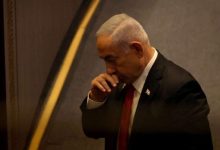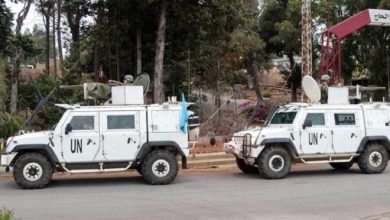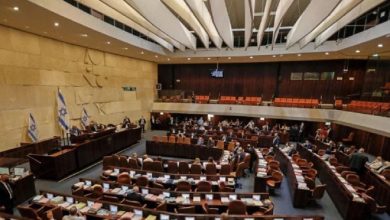U.S. Shifts Gaza Ceasefire Strategy as Last-Minute Talks Intensify in Doha
Washington pursues revised hostage deal with Hamas amid Netanyahu’s push for “negotiations under fire,” while Hamas insists meaningful diplomacy—not force—freed U.S.-Israeli captive.

Watan-Hebrew daily Maariv reported Tuesday, citing unnamed senior officials, that the United States no longer considers U.S. Middle East Envoy Steve Witkoff’s original proposal the key to a Gaza ceasefire agreement, and is now pushing forward with revised solutions.
Witkoff’s initial plan centered on the release of all hostages—both living and deceased—and an end to the war. However, during a meeting with Israeli Prime Minister Benjamin Netanyahu on Monday, Witkoff reportedly presented a new initiative aimed at creating a pathway toward ending the war. Officials said this updated vision is based on the idea that a long-term, comprehensive deal could lead to a permanent ceasefire—one that might compel Hamas to show flexibility and accept terms.
Earlier Tuesday, Yedioth Ahronoth cited a senior Israeli official saying, “We hope to enter effective negotiations aimed at releasing the hostages. We insist on releasing half of them in one go, not in stages, with the second half to be freed upon reaching a final agreement.”
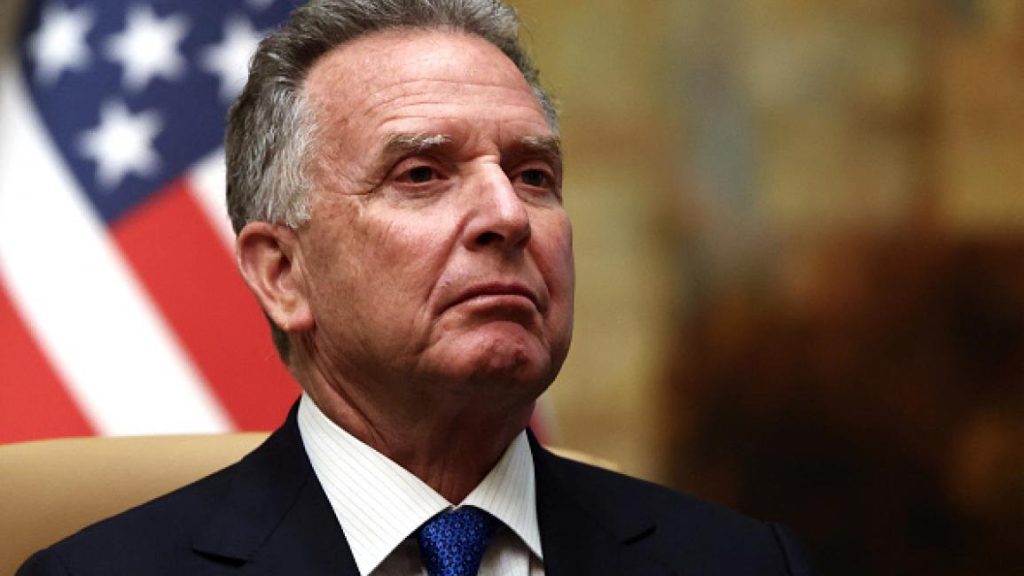
This comes as negotiations take place in Doha this week, after Netanyahu authorized sending an Israeli delegation to Qatar with instructions to negotiate “only under fire.” In Tel Aviv today, Witkoff met with the families of Israeli hostages held in Gaza, expressing hope for their full return home.
According to Axios, Witkoff and U.S. Special Envoy for Hostage Affairs Adam Boehler are heading to Doha today for “last-minute” negotiations on a new ceasefire and hostage deal.
Speaking to reporters in Tel Aviv, Boehler said the chances of releasing the remaining 58 hostages in Gaza have improved, particularly after Hamas unilaterally released dual U.S.-Israeli national Edan Alexander on Monday. Israel stressed that this release came with no reciprocal concessions and was a unilateral move by Hamas.
Before Alexander’s release, Netanyahu had met with Witkoff and U.S. Ambassador to Israel Mike Huckabee, and subsequently spoke with Donald Trump. Following the call, Netanyahu ordered a delegation to Doha, insisting on negotiations “only under fire.”
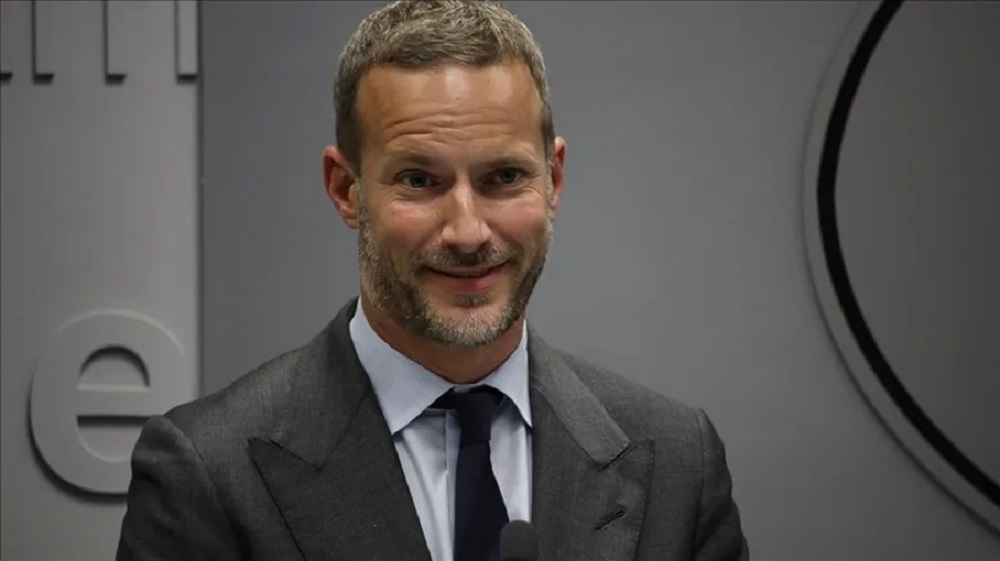
Hamas Responds to Netanyahu: A Deal, Not War, Freed the Hostage
In response to Netanyahu’s claim that Edan Alexander’s release was due to Israeli military pressure in Gaza, Hamas issued a statement on Telegram Tuesday saying the return of Alexander was the result of serious contacts with the U.S. administration and mediators—not military aggression or the illusion of pressure.
“Hamas emphasized that Netanyahu is misleading his people. His military campaign failed to recover the captives, and the return of Edan Alexander proves that serious negotiations and a prisoner exchange deal are the only path to releasing hostages and ending the war.”
Sources from Hamas and informed Egyptian officials told Al-Araby Al-Jadeed on Monday that Alexander’s release was part of a broader understanding reached in recent Doha meetings. These understandings include the start of indirect negotiations between Hamas and Israel, with the U.S. serving as a main mediator.
According to these sources, President Donald Trump is expected to announce the launch of these negotiations, viewing Alexander’s release as a goodwill gesture upon which broader talks can be built.
A Hamas official confirmed that talks would not take place “under fire,” but instead during a ceasefire of three to six weeks. During this truce, six detainees are to be released alongside Alexander—two living prisoners and four bodies of prisoners who held American citizenship.
The agreement reportedly includes the opening of humanitarian corridors for aid trucks. The same sources said Israel’s controversial plan to limit and geographically restrict aid distribution has been dropped during these negotiations.

